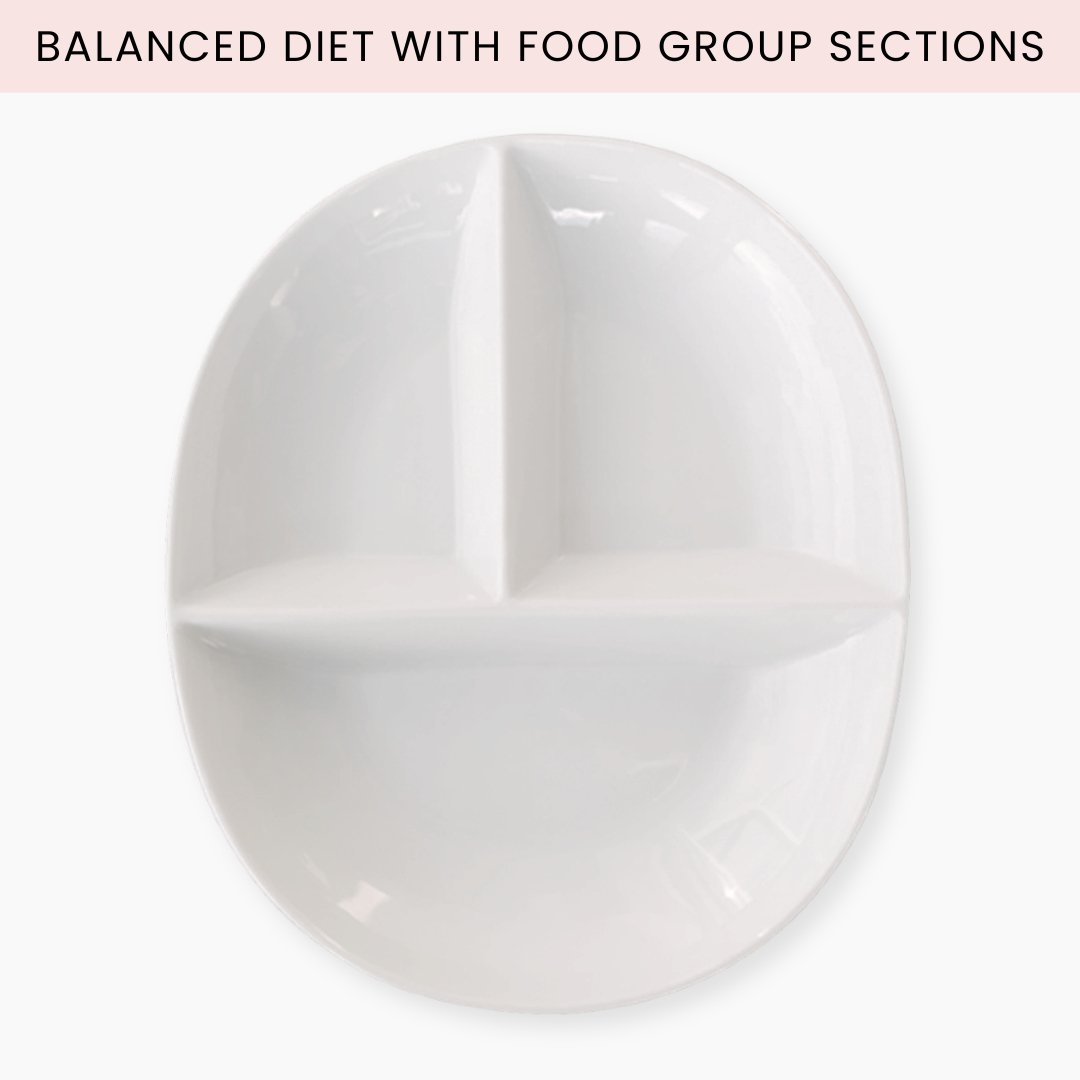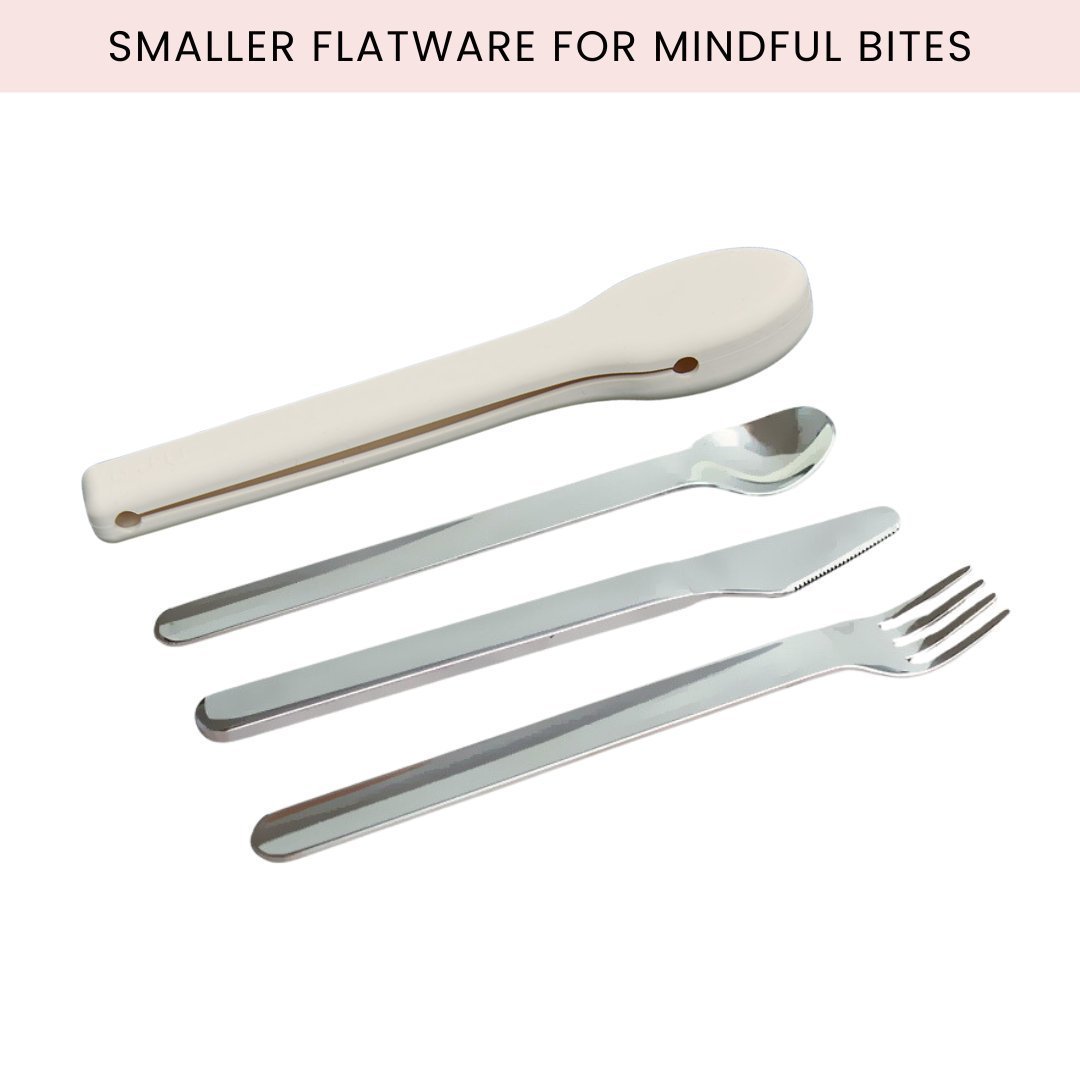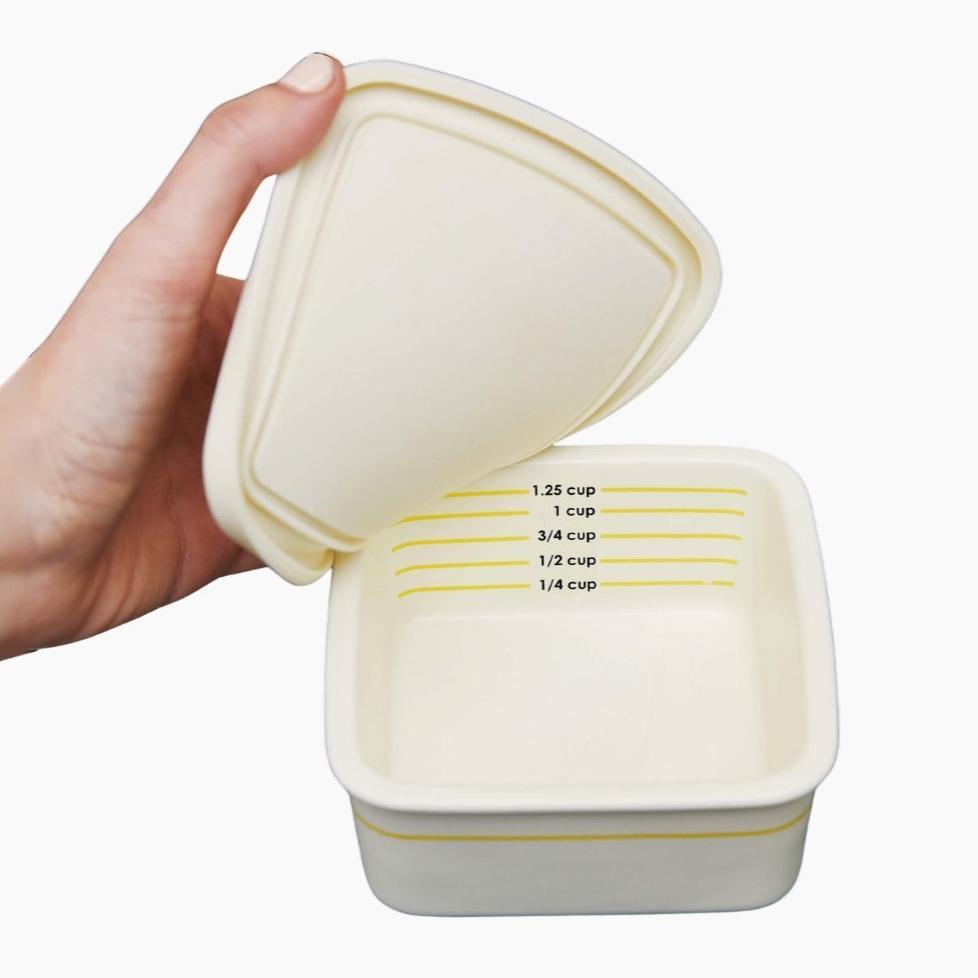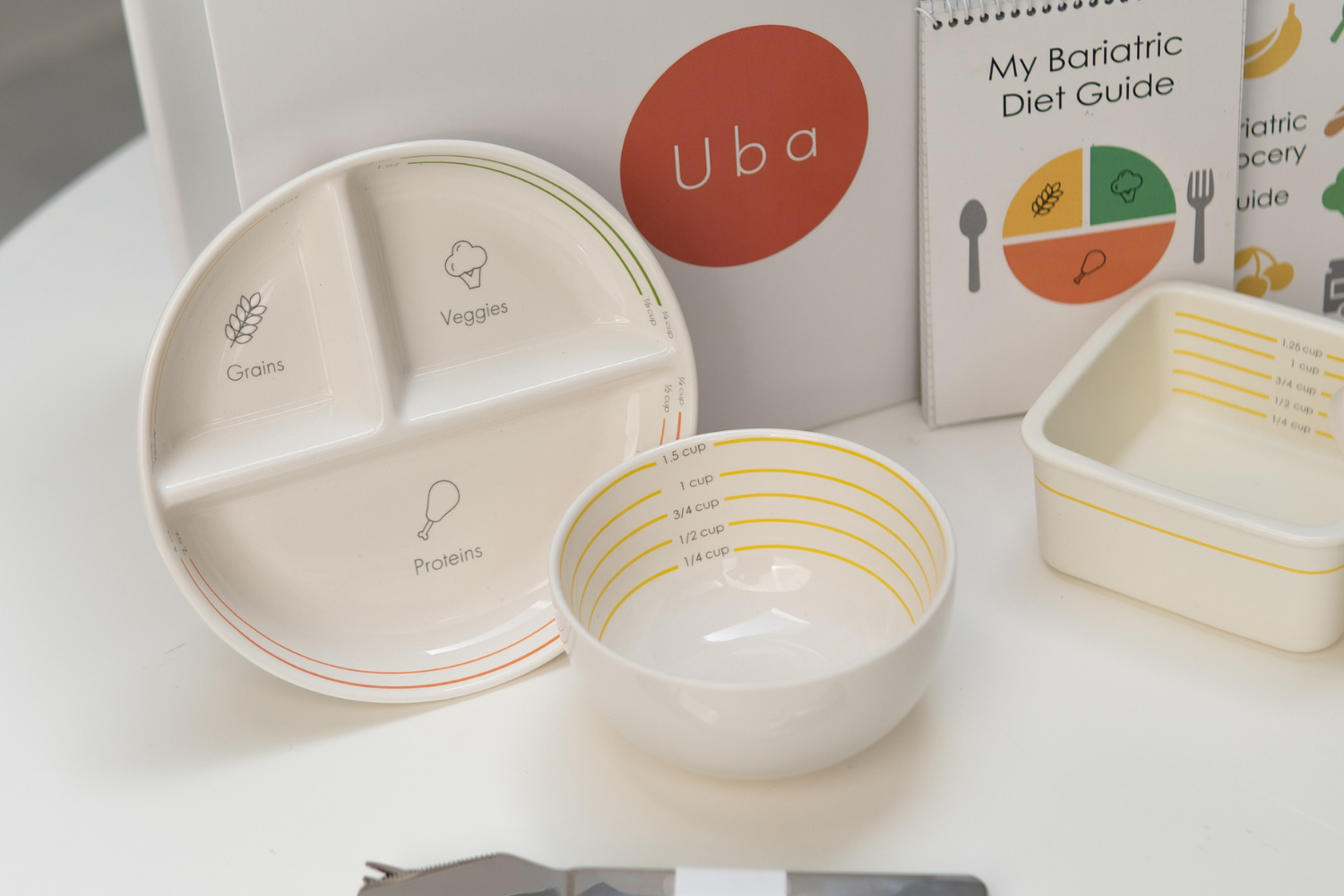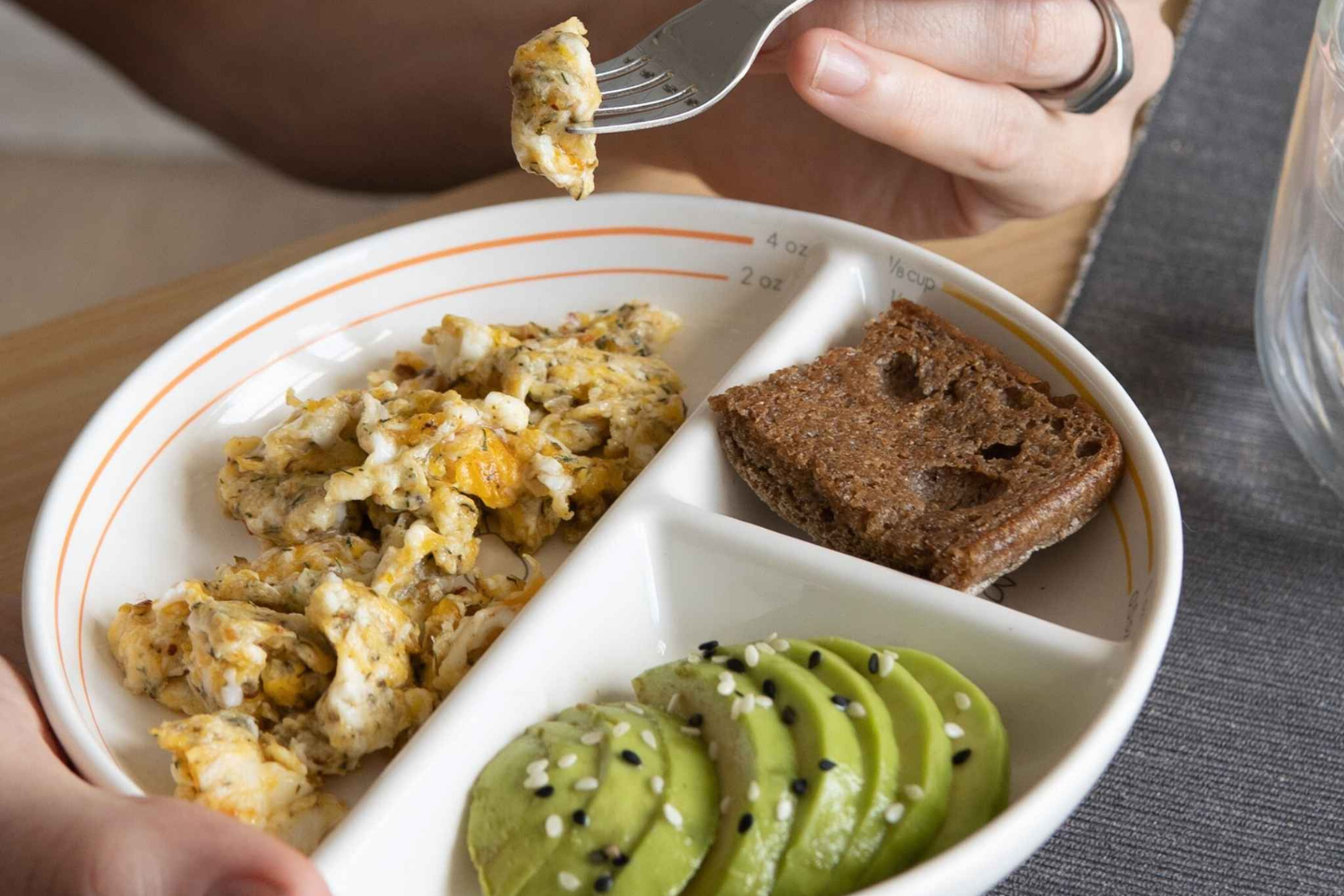After bariatric surgery, achieving and maintaining a high-protein diet is crucial for recovery and long-term weight management. High-protein shakes are an excellent tool for bariatric patients, offering a convenient, digestible, and nutritious way to meet daily protein goals. Whether you’re recovering from surgery or managing your post-op diet, these shakes provide an easy way to ensure your body is getting what it needs. In this blog, we’ll explore the benefits of high-protein shakes for bariatric patients and provide guidance on choosing the right shakes for a balanced diet.
Why Protein is Essential for Bariatric Patients
Protein is the cornerstone of a post-bariatric surgery diet. Following surgery, your body needs protein to aid in healing, preserve muscle mass, and promote fat loss. It also plays a critical role in metabolism and energy levels.
Why High-Protein is Important:
- Preserving Muscle Mass: After surgery, rapid weight loss can lead to muscle loss. Protein helps preserve muscle while promoting fat loss.
- Aiding Recovery: Protein is vital for healing tissues and ensuring a smoother recovery post-surgery.
- Supporting Metabolism: Consuming sufficient protein keeps your metabolism running efficiently, helping you burn calories even at rest.
- Feeling Full Longer: Protein promotes satiety, which is especially important for bariatric patients managing smaller portion sizes.
Meeting your daily protein requirements post-surgery can be challenging due to the reduced size of your stomach. High-protein shakes are an ideal way to get the necessary nutrients without feeling overwhelmed by large portions of food.
What Makes a Good High-Protein Shake for Bariatric Patients?
Not all protein shakes are created equal. Bariatric patients have specific nutritional needs, which means the ingredients and composition of the shake must align with post-surgery guidelines. Here’s what to look for in a good bariatric high-protein shake:
1. High-Quality Protein Sources
Ensure your protein shakes use high-quality protein sources such as
- whey protein isolate
- casein
- plant-based proteins like pea or soy
These types of protein are easily absorbed and provide all the essential amino acids your body needs.
2. Low Sugar and Carbohydrates
Avoid shakes with high sugar content, as they can cause spikes in blood sugar and increase caloric intake without offering much nutritional value. Look for shakes with less than 5 grams of sugar per serving.
3. Added Vitamins and Minerals
Bariatric patients often face nutrient deficiencies, so shakes that include vitamins and minerals like calcium, iron, and B vitamins can be beneficial. Many high-protein shakes are fortified with these nutrients, helping to meet your daily requirements.
4. Digestibility and Smooth Consistency
Because bariatric patients have smaller stomachs, it’s essential that the shake is easy to digest. Shakes that are too thick or contain difficult-to-digest ingredients may cause discomfort. Opt for shakes with a smooth consistency and easily digestible ingredients.
The Best Times to Incorporate High-Protein Shakes
High-protein shakes are versatile and can be consumed at various times throughout the day, depending on your nutritional needs and schedule. Here are some of the best times to incorporate them into your routine:
1. Breakfast
Post-op, many bariatric patients struggle with eating solid foods in the morning. A high-protein shake is a perfect substitute for breakfast, providing essential nutrients and protein to start your day. Look for shakes with at least 20 grams of protein to keep you full and energized until your next meal.
2. Post-Workout Recovery
After exercise, your body needs protein to repair muscle and recover effectively. Consuming a high-protein shake within 30-60 minutes after a workout can maximize muscle repair and support your fitness goals.
3. Midday Snack or Meal Replacement
If you’re busy or on the go, high-protein shakes are an excellent snack or meal replacement. They’re convenient, portable, and ensure you meet your daily protein intake without the need for a full meal.
4. Evening Snack
Ending the day with a small protein boost can help with satiety before bed, keeping you full overnight without consuming unnecessary calories. Opt for a lighter shake with low sugar content for an evening snack.
Popular Types of High-Protein Shakes for Bariatric Patients
There are many types of protein shakes on the market, but not all are suitable for bariatric patients. Here are some common types of high-protein shakes you can consider:
1. Whey Protein Shakes
Whey protein is one of the most popular and effective sources of protein, as it is quickly absorbed by the body. Whey protein isolate, in particular, is recommended for bariatric patients because it is low in fat and carbohydrates while being high in protein.
- Provides a complete amino acid profile
- Quick absorption for faster recovery
- Low in lactose, making it easier on sensitive stomachs
2. Plant-Based Protein Shakes
For bariatric patients who are vegetarian, vegan, or lactose intolerant, plant-based protein shakes made from sources like pea, hemp, or soy are excellent alternatives. These shakes still offer a high level of protein without the dairy component.
- Suitable for those with dietary restrictions
- Rich in fiber, promoting digestive health
- Contains essential vitamins and minerals
3. Collagen Protein Shakes
Collagen protein is known for its benefits to skin, joints, and digestion. While not a complete protein source, it can be combined with other types of protein to create a balanced shake that supports recovery and overall health post-surgery.
- Great for supporting skin elasticity after weight loss
- Easy to digest and gentle on the stomach
- Improves joint health and supports recovery
4. Ready-to-Drink Shakes
If you’re looking for convenience, ready-to-drink protein shakes are pre-packaged and don’t require any preparation. These are excellent options for bariatric patients with a busy lifestyle or those who struggle with meal prep.
- No preparation needed
- Ideal for on-the-go nutrition
- Comes in various flavors and nutritional profiles
How to Choose the Right High-Protein Shake for You
Choosing the right high-protein shake can be overwhelming with so many options on the market. Here are a few tips to help you select the best shake for your needs:
- Read the Label: Look for shakes that contain at least 15-30 grams of protein per serving, low sugar, and minimal additives.
- Check for Allergens: If you have allergies or dietary restrictions, ensure the shake is free from common allergens like dairy, gluten, or soy.
- Consider Your Nutritional Goals: If you’re looking for more than just protein, consider shakes that include added vitamins, minerals, or fiber to support your overall health.
- Test Flavors: Protein shakes come in a variety of flavors, so try different ones until you find the one you enjoy drinking regularly.
Conclusion
High-protein shakes are an essential part of a bariatric patient’s post-op nutrition plan. They provide an easy and convenient way to meet your protein goals, aiding in recovery and helping maintain muscle mass while losing weight. By incorporating high-quality protein shakes into your daily routine—whether for breakfast, post-workout recovery, or as a snack—you’ll be well on your way to a balanced diet that supports your health and weight loss journey.
Remember, the best high-protein shake is one that fits your dietary needs, preferences, and lifestyle. With the right choice, you can enjoy the benefits of a high-protein diet without the hassle of meal prep or worrying about portion sizes. Make sure to choose shakes with minimal sugars and additives to keep your nutrition on track!



